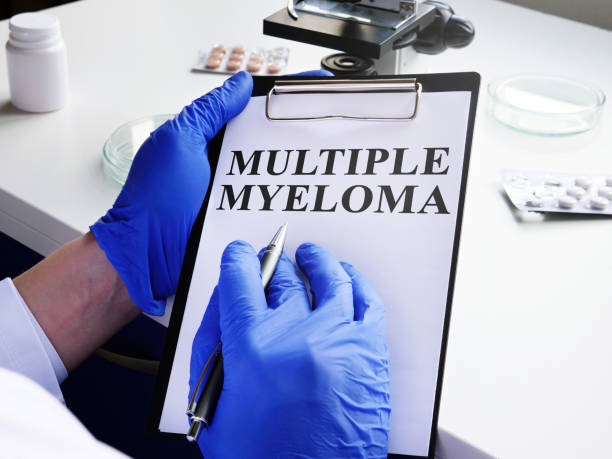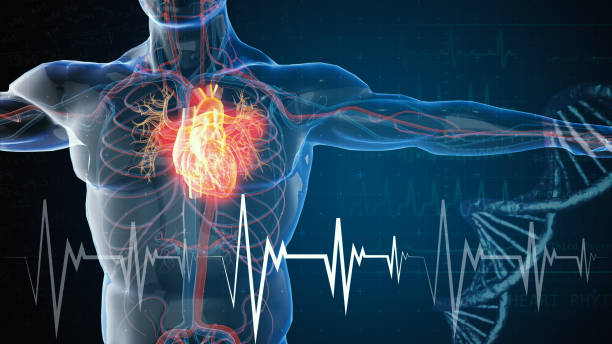M Proteins Trusted Source are antibodies that are present in the blood. People with multiple myeloma or another plasma cell disorder can have high levels of M proteins in the blood.
Unlike infection-fighting antibodies, these M proteins are not helpful to the body. If they are related to a cancerous condition, they can multiply and build up in the bloodstream, depositing in the tissues and leading to organ dysfunction.
M proteins are known by several different names. They are also called Trusted Source:
- monoclonal immunoglobin
- paraproteins
- monoclonal proteins
- M spike
High levels of M proteins can indicate that a person has multiple myeloma. However, high M protein levels may also be a sign of several other plasma cell disorders, including:
- solitary plasmacytoma
- smoldering multiple myeloma (SMM)
- light chain amyloidosis
- monoclonal gammopathy of undetermined significance (MGUS)
M protein spikes in multiple myeloma
Some people have M proteins in their blood but do not have multiple myeloma. A doctor will monitor them for changes, and they will advise treatment if the person starts showing symptoms.
People with M proteins in their blood may have MGUS, which is a noncancerous condition. In some cases, MGUS can lead to multiple myeloma or other cancers.
However, M proteins can also indicate SMM. This condition is usually a precursor to multiple myeloma. Although people with SMM may not have any other symptoms, a doctor will monitor them closely and advise treatment as the condition progresses.
Checking for high M protein levelsTrusted Source is one of the first things a doctor will do to diagnose multiple myeloma. They will also look for other symptoms of the condition, such as anemia, reduced kidney function, high calcium levels, and bone lesions.
Learn more about the signs and symptoms of multiple myeloma here.
M proteins are made up of chains. These are pieces of the protein, and they can be heavy chains or light chains. Typically, antibodies are made up of two heavy and two light chains.
In myeloma, the M proteins can be made up of one type of heavy chain and one type of light chain.
The heavy chainsTrusted Source are:
- immunoglobulin A (IgA)
- immunoglobulin M (IgM)
- immunoglobulin E (IgD)
- immunoglobulin G (IgG)
- immunoglobulin D (IgE)
The light chains are kappa and lambda.
M proteins always produce the same types of cells. So, if a person has IgA heavy chains and kappa light chains, all of their proteins will be IgA kappa.
This is important because the types of M proteins can tell doctors what kind of myeloma a person has, and this can inform treatment decisions. For example, people with IgM myeloma may have a rare type of cancer called Waldenstrom macroglobulinemia.
IgG and IgA are the most common types of myelomas. IgG occurs in about 50%Trusted Source of people. Occasionally, traditional methods may not detect IgA myeloma, so it may not show up as an M spike.
Occasionally, M proteins only make light chains. This causes light chain myeloma, which affects of people with multiple myeloma.
Conditions related to M proteins
Having M protein in the blood is related to multiple myeloma. However, it can also occur in people with other conditions, such as those that can precede multiple myeloma. Such conditions include MGUS and SMM.
MGUS
Most cases of multiple myeloma start as MGUS, which is a noncancerous condition. It affects about 3% of people over 50 years of age.
Although people with MGUS can have M protein in their blood, it does not cause any harm, and it usually causes no symptoms.
Many cases of MGUS will never progress to multiple myeloma.
SMM
This condition is a progression from MGUS, but it is not considered to be cancer. It occurs when plasma cells increase in the individual bone marrow.
Usually, people with SMM have no symptoms. Some doctors may treat SMM to delay progression to multiple myeloma.





